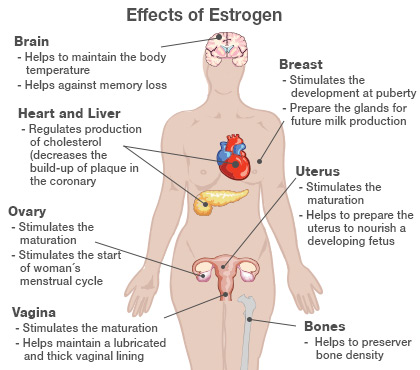If you were diagnosed with hormone receptor positive breast cancer and are currently undergoing or about to start an initial five-year anti-estrogen therapy plan, you may be wondering about the treatment process and what your next steps will be.
For most women, this first treatment period may prove to be sufficient. However, the risk of breast cancer recurrence persists beyond five years. Because everyone is different, understanding your own personal risk and whether you are likely to benefit from extended anti-estrogen treatment are important in determining the right treatment plan for you.
Do 10 Years of Anti-Estrogen Treatment Make a Difference?
Recent studies show that extending anti-estrogen therapy beyond 5 years may help reduce the risk of breast cancer recurrence for some women. However, although these studies demonstrated that extended anti-estrogen therapy does benefit some women, but not every patient benefits. In fact, only about 3-5% of patients actually benefit from continuing anti-estrogen therapy beyond year five. In addition, extended anti-estrogen therapy is associated with multiple potential side effects.

How Do I Know Whether I’ll Benefit from an Additional 5 Years of Anti-Estrogen Therapy?
Furthermore, to understand your personal risk of recurrence as well as whether more anti-estrogen therapy is likely to benefit you, your doctor may recommend the Breast Cancer IndexSM test. This test analyzes the expression of seven genes from the cells of the original tumor sample taken at the time of diagnosis. This means that this test does not require any additional biopsy samples from you. While, the expression of these genes helps inform both how likely cancer is to return between 5-10 years after diagnosis, as well as the likelihood that you will benefit from five additional years of treatment. Your individual percent risk of recurrence, as well as your personal likelihood of benefiting from extended therapy, is delivered to your doctor to help decide whether an extra 5 years of anti-estrogen therapy may be right for you.
If you are currently undergoing anti-estrogen therapy for early-stage hormone receptor positive breast cancer, talk to your doctor about whether extending therapy to 10 years is right for you. Your doctor will give you more information about your specific diagnosis and will help you understand if extending anti-estrogen therapy to 10 years may help you reduce your risk of breast cancer recurrence. Understanding your personal risk may help you and your healthcare team to make more informed decisions for treatment planning.
Resources:
Goss PE, et al. J Natl Cancer Inst . 2005;97:1262-1271. 2. Davies C, et a l .L ancet . 2013;381:805-816. 3. Gray RG, et al. J Clin Oncol . 2013;31(suppl):abstract 5. 4. Goss P et al. New Engl J Med 2016 DOI: 10.1056/ NEJMoa1604700 5. Mamounas EP et al. NSABP B-42. S1-05. SABCS 2016 Dec 7, 2016 6. Breastcancer.org
http://www.breastcancer.org/symptoms/testing/types/breast-cancer-index-test



